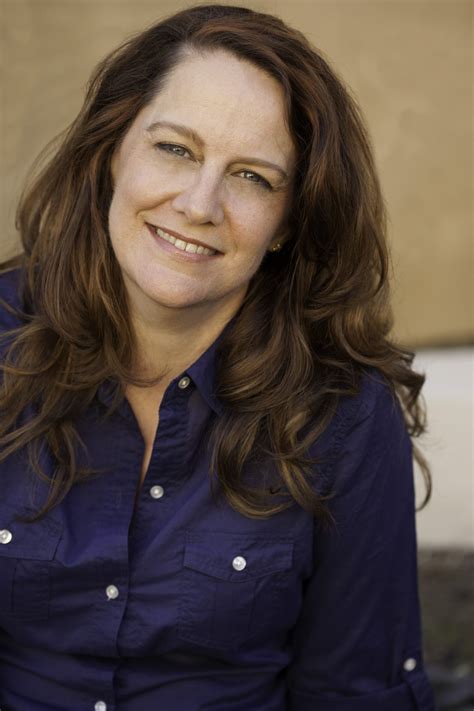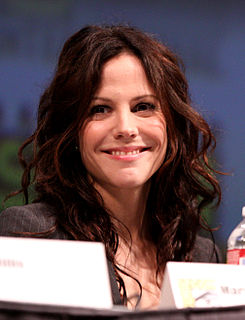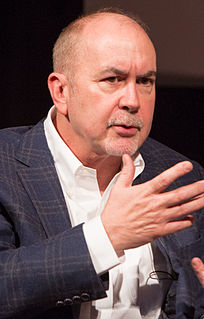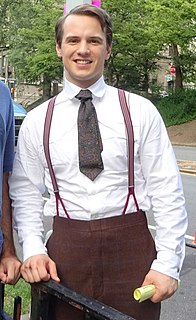A Quote by Kelly Carlin-McCall
I didn't have a calling to be a therapist. I really went to Pacifica for a very specific kind of life experience, to really kind of find my path in a deeper way.
Related Quotes
The thing about Snapchat is it is ephemeral, so you don't - it's not like a video that you post to YouTube and then everyone can see it. It's this video that you get to share this kind of very intimate experience again, this very kind of genuine experience with another person in a more one-on-one sort of way. And I really appreciate that.
I think the B-52's were a huge influence on Sleater-Kinney. The way that there'd be a really interesting guitar line that'd be really melodic and kind of simplistic, I really related to that. The sense of melody is really intense and fun. It's not just traditional song structures, but it's very melodic and draws you in, in kind of an immediate way.
I really like the director [for Weeds]. I don't know if you've spoken to him yet but he's really, really intelligent. He was just really kind when I met him and nice and really told me why I should play the part...and kind of really didn't argue with him. He's just really, really smart and assembled these really great people. I felt like he really knows how to enlist his intelligence to get you - I don't know - he's really hard to argue with I find.
The kind of caring that the client-centered therapist desires to achieve is a gullible caring, in which clients are accepted as they say they are, not with a lurking suspicion in the therapist's mind that they may, in fact, be otherwise. This attitude is not stupidity on the therapist's part; it is the kind of attitude that is most likely to lead to trust.
What you find with really good directors is that they kind of leave you alone. They've hired you because they know the kind of work you do and the sense of how you'd approach it. So usually, they'll just stand back and maybe give you a nudge once in a while in terms of something specific they might want in a particular scene.
If you decide to go on a Buddhist path, you have to be careful if you start mixing a lot of different traditions you are not totally familiar with - mixing this kind of meditation with that kind of practice or this kind of visualization with that kind of mantra. Then you really are concocting your own thing, and you have no idea what is going to happen.
I really feel that actors should really know who they are as characters; they should really study their lines; they should be prepared; but once they come to set, for me the most exciting way to shoot a scene is to really find it, really kind of grind your way through it, until you feel like you have something that you can put together.
There is a kind of desperate need for somebody to tell everyone what to do, which I find really peculiar in America. And then when you tell them, they're not interested, because it's also a country where everybody's opinion is their opinion, and they really don't give a damn what you think. So it's a very odd experience.


































